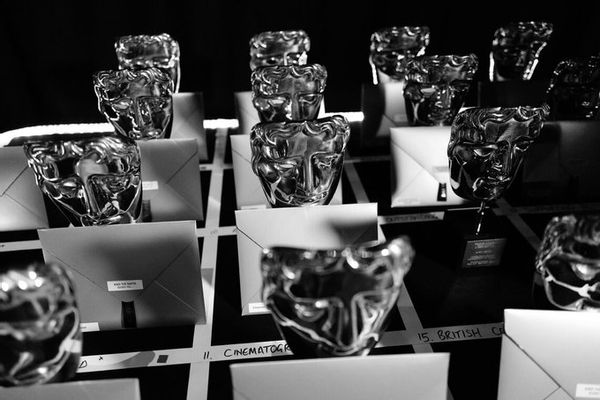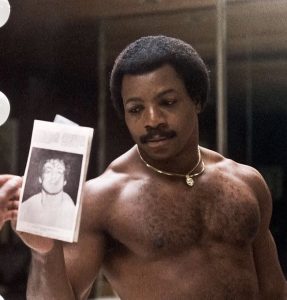“Rocks” — an ode to multicultural London seen through the eyes of a joyful band of teenaged girls battling adversity through sisterhood — is an unexpected favourite at Sunday’s Baftas.
It follows the complicated life of Olushola, a British-Nigerian teenager nicknamed “Rocks”, played by 19-year-old Bukky Bakray, who grows up in the working class borough of Hackney.
Also Read: I believe in swimming against the tide: ‘The White Tiger’ actor Adarsh Gourav
When her mother unexpectedly disappears, Rocks is left with her younger brother, Emmanuel, and only a few pounds (euros, dollars) to survive.
The outspoken young girl does everything she can to avoid social services, with the help of her close friends.
Director Sarah Gavron made a name for herself with “Suffragettes” in 2015, tackling the story of the women who fought for the right to vote.
“Rocks”, which was released in 2019, equally features strong women but they are played almost entirely by total novices.
The production team scoured local schools and drama clubs in east London to find the 13 to 15 year olds to play the girls.
The result is a film that is fresh and cheerful, yet bittersweet.
“It is film about the resilience, joy, and spirit of girlhood — those were the key ideas we wanted to explore,” Gavron, 50, told AFP.
“Rocks” has secured seven Bafta nominations, including some in the prestigious categories of best film, best actress and best director.
Bafta’s 2020 selection was criticised for the absence of black performers, but Gavron’s film and its diverse cast shake things up this year.
“It is considered an unusual film in that it centres on girls of colour — it seems amazing that in 2021, that is still unusual,” said Gavron.
She called this year’s nominations a “breakthrough”, expressing shock it has taken so long to recognise female, black or minority ethnic talent.
“The talent has always been out there, but it has not been recognised,” she said, paying tribute to those who have paved the way.
“We very much hope that now a generation of storytellers comes up, who can tell stories from diverse communities that reflect the world we live in.
“It would be a richer industry and have a broader audience if the stories can have this range.”
Co-writer Theresa Ikoko described the story of “Rocks” as “a love letter to my sister black and brown girls”, and the script reflects the young actresses’ real-life experiences.
One “describes herself as a Polish gypsy and wanted to honour her community not often represented on screen”, she said.
Another wanted to talk about what it means to wear the veil when you are British.
Ikoko insisted no one was obliged to do so. Instead, it reflected “the truth of what London is — and my London is not white at all”.
Fellow-scriptwriter Claire Wilson said she is proud of the end result — a representation of the true face of the British capital rather than a sanitised version.
“We are just showing a real version of London. Everyone can recognise the streets and you know, it’s not this kind of ‘Notting Hill’ version of London,” she added.
Gavron’s 2007 film “Brick Lane” (2007), based on the novel by Monica Ali, centres around the east London area with a large Bangladeshi community.
“Rocks” takes place slightly further north in a working-class area known for cultural diversity but also poverty.
State schools, daily life and community spirit are all captured authentically.
Ikoko called her old neighbourhood “beautiful and romantic” in the film, where much of the action takes place in tall apartment blocks.
“I’m really proud of the way Hackney looks on screen,” she said.
“Most of the times we show Hackney or the housing estates, the colour palette tends to be quite cold.
“But, having grown up in Hackney, having grown up in these communities, when I think about it now is in orange,… warm deep oranges… ‘Rocks’ looks like what Hackney feels like to me.”







